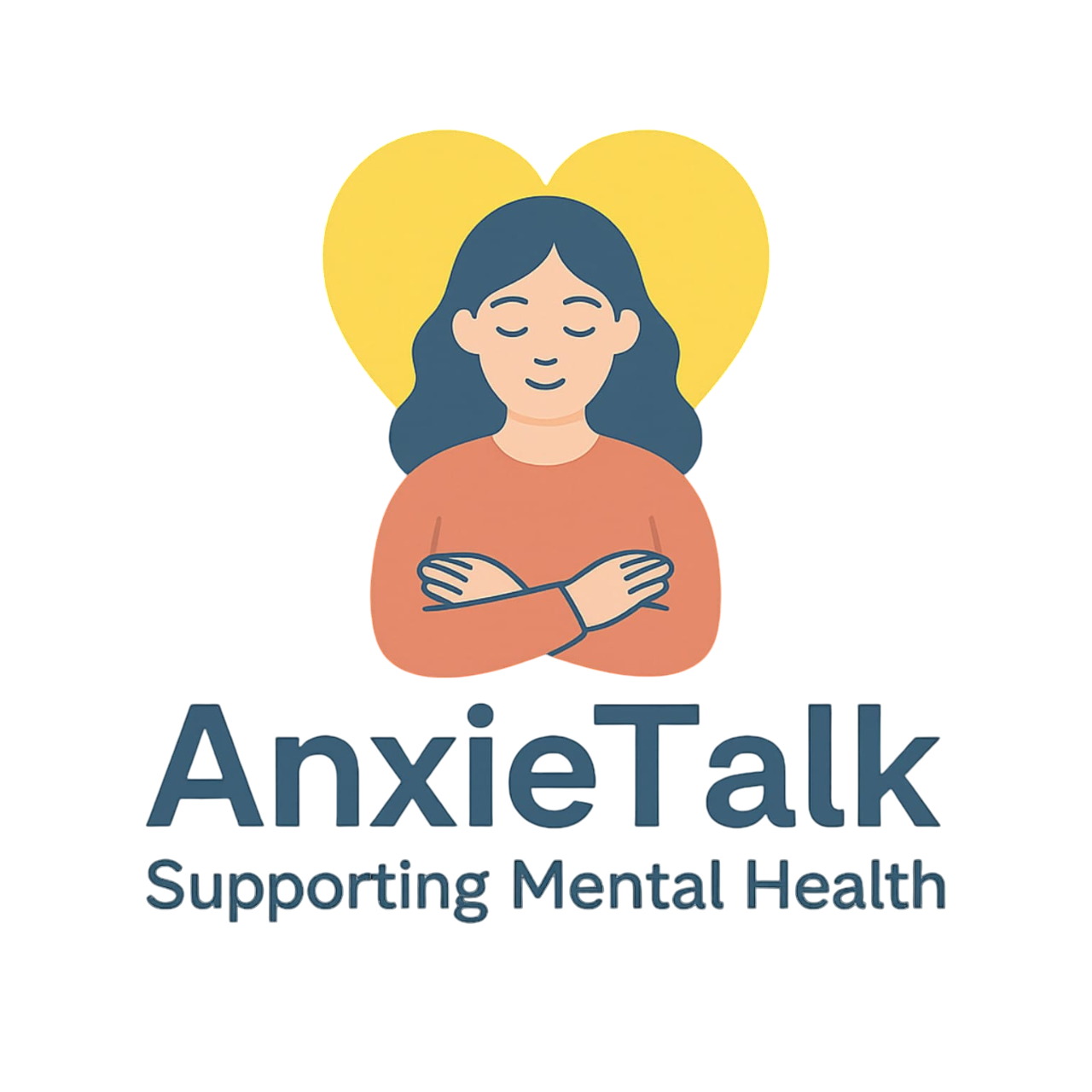Blog
When to Seek Therapy for Anxiety: Signs You Shouldn’t Ignore

Introduction
Everyone feels anxious sometimes — before an exam, during a big life change, or in uncertain situations. But how do you know when your anxiety has crossed the line from temporary stress to something that needs professional support?
If you’ve been wondering whether it’s “bad enough” to see a therapist, you’re not alone. At AnxieTalk, we’re here to remove the guesswork — and the shame. Here’s how to recognize the signs and why reaching out might be the best decision you make for your mental well-being.
You Don’t Need to Be in Crisis to Get Help
Many people wait until they’re overwhelmed or breaking down before seeking therapy. But you don’t need to be in crisis to benefit from support.
Therapy isn’t just for the worst days — it’s for preventing them too.
Signs It’s Time to Talk to a Therapist
1. Anxiety Feels Constant or Out of Control
If you feel anxious most days, and it’s hard to relax no matter what you do, therapy can help you understand what’s going on beneath the surface.
2. Avoidance is Affecting Your Life
Do you avoid people, places, or situations to escape anxious feelings? When avoidance limits your life — from socializing to going to work — it’s time to get support.
3. Sleep or Appetite Changes
Anxiety often shows up physically. Difficulty sleeping, frequent nightmares, or sudden changes in appetite may signal that your nervous system is under strain.
4. You Feel Easily Irritated or Overwhelmed
If minor tasks suddenly feel too much, or if you find yourself snapping at others for small things, these could be signs of chronic stress and anxiety.
5. Your Coping Tools Aren’t Working Anymore
If your usual strategies (exercise, journaling, talking to friends) aren’t helping as much, a therapist can offer personalized tools that are more effective.
6. You’re Experiencing Panic Attacks
Recurring panic attacks — episodes of intense fear with physical symptoms — should never be ignored. A therapist can help you manage them safely and effectively.
7. You Feel Alone or Misunderstood
If you’re tired of feeling like “no one gets it,” therapy can be a space where you’re truly heard — without judgment.
What Therapy Can Offer
A safe space to process your thoughts and feelings
Coping strategies tailored to your unique experience
Understanding your triggers and how to manage them
Support in setting boundaries and building self-confidence
Therapists aren’t there to “fix” you — they’re there to help you better understand yourself and find your own path to healing.
Final Thoughts
There’s no shame in needing help — and no magic threshold you need to reach to deserve it. If anxiety is making it harder to live the life you want, you don’t have to go through it alone.
At AnxieTalk, we see you. We support you. And we’re with you.
If you’re ready to take that next step, our resources and community are here to guide you.


